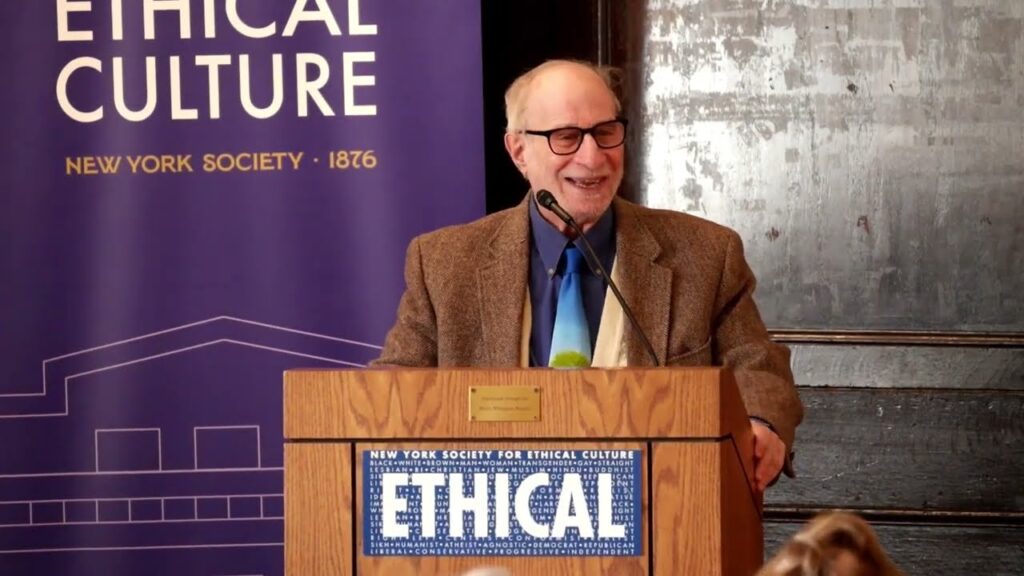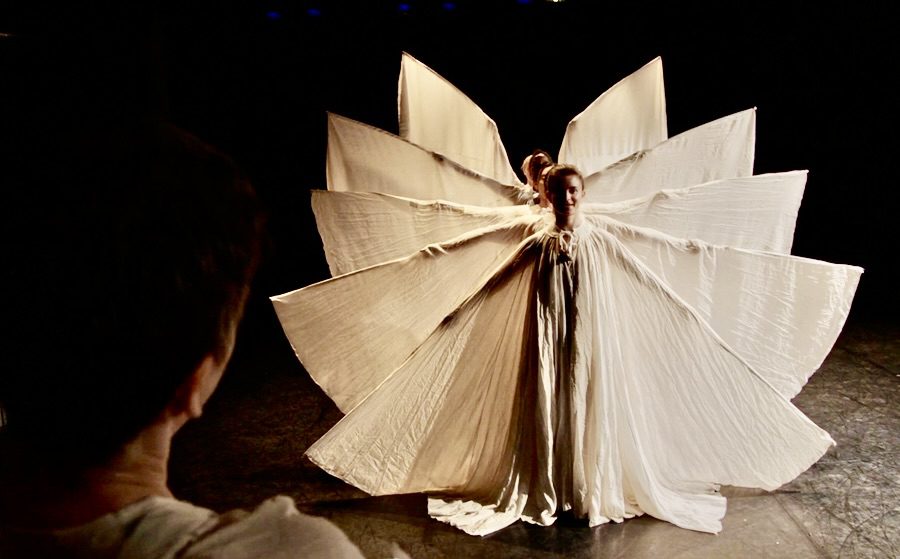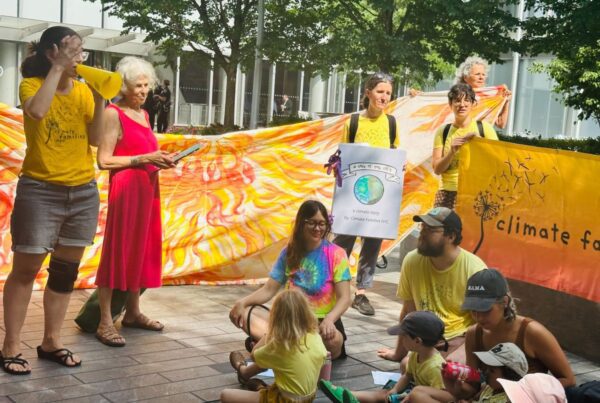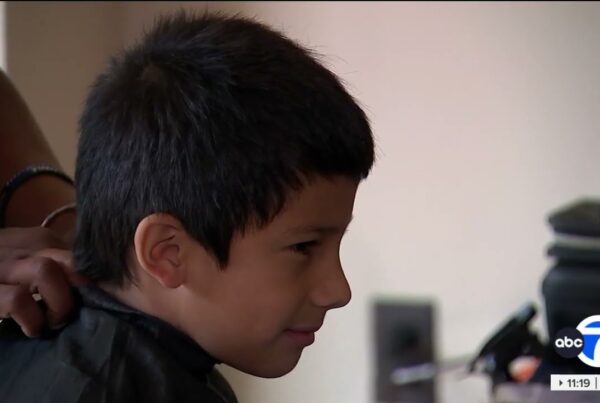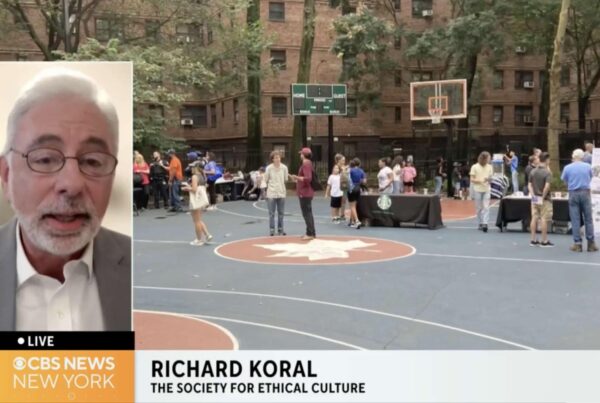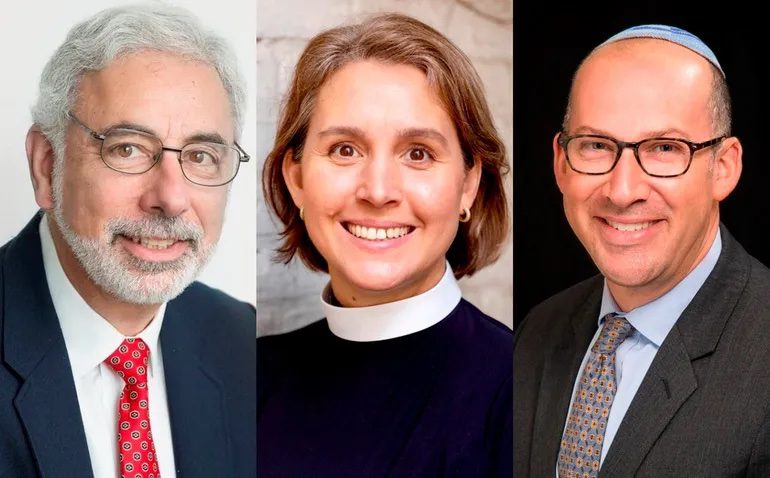
Leader Richard Koral, who also serves as Leader to the Ethical Humanist Society of Long Island, spoke to Newsday for their “Asking the Clergy” series about the value of poetry to Humanist gatherings:
At our weekly meetings on Sunday morning, I speak about how, from a Humanist and nontheistic perspective, we can reach for the best in ourselves, both morally and spiritually, with ethics as our guide. I often turn to the works of poets to help me communicate.
Who can better express complex thoughts than a master at the craft? Who can express the meaning of a lifetime with efficiency, power and poignancy better than Matthew Arnold, who wrote in “Empedocles on Etna”: “Is it so small a thing / To have enjoy’d the sun, / To have lived light in the spring, / To have loved, to have thought, to have done . . .”
Who better to explain how the brief life we experience is, in fact, a rich and precious sample of whole universes than William Blake, who wrote in “Auguries of Innocence”: “To see a World in a Grain of Sand / And a Heaven in a Wild Flower / Hold Infinity in the palm of your hand / And Eternity in an hour.”
I rely on poets for their insight, clarity and delight. I certainly appreciate the help of the masters when conveying my message to my community.

